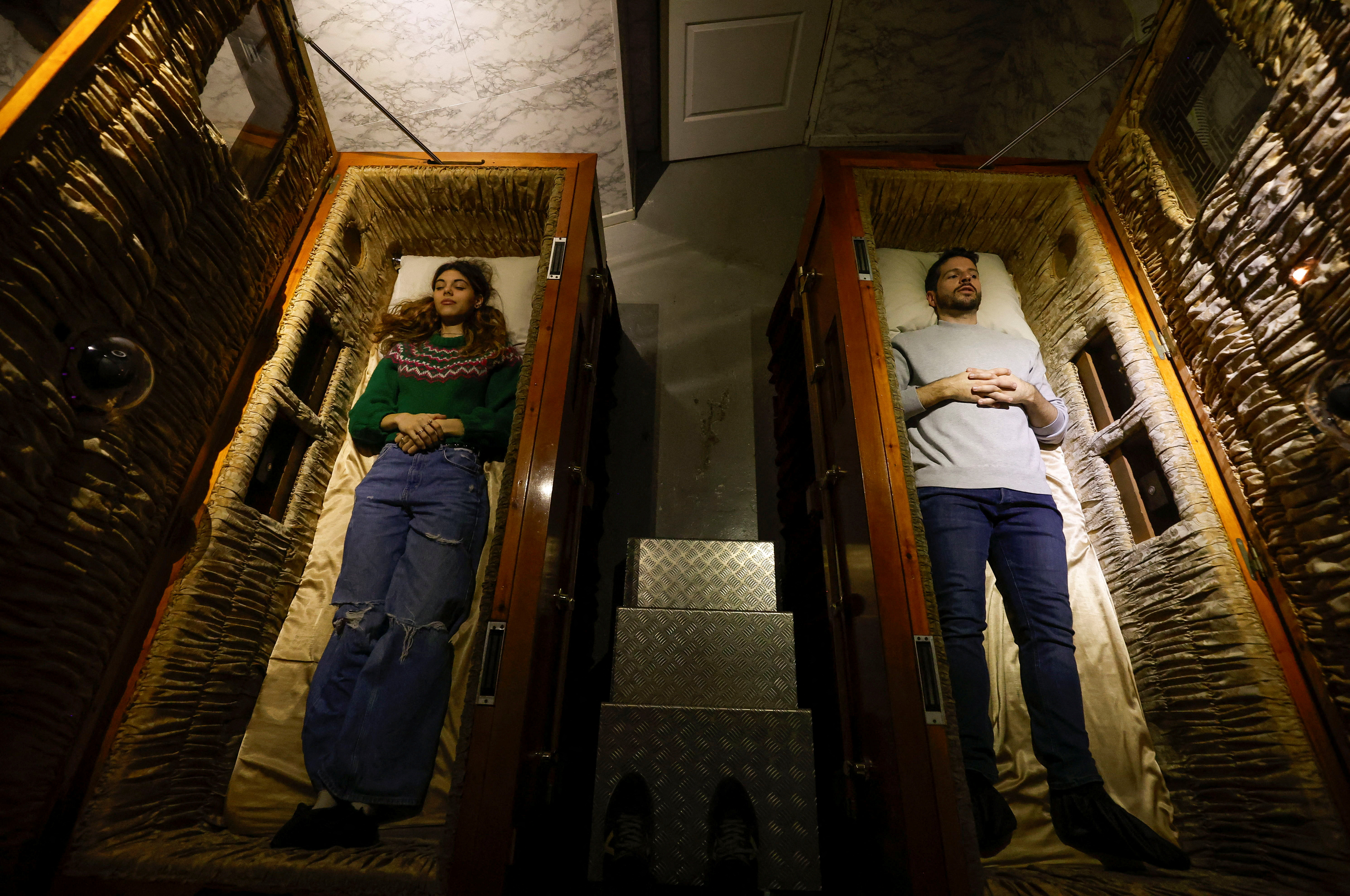Escape Room Minneapolis Mall of America-- Immersive and Fun
Escape Room Minneapolis Mall of America-- Immersive and Fun
Blog Article
Group Approaches: Exactly How to Team up Efficiently in a Getaway Space
Groups have to proactively pay attention to each member's understandings, designate duties that line up with individual staminas, and maintain routine check-ins to ensure emphasis and avoid redundancy. By cultivating an atmosphere that values communication and adaptability, groups can considerably enhance their efficiency and success prices.
Establish Clear Communication

To promote clear interaction, it is important to assign a central factor of get in touch with for information circulation. This function entails summarizing findings and proposed approaches to make certain everybody remains on the very same page. Furthermore, taking on a methodical approach to conversations can avoid chaotic exchanges. Short, concentrated updates from each team member can maintain the team informed without frustrating them with details - best escape room.

Appoint Functions Strategically
While clear interaction sets the structure for efficient synergy, designating duties tactically ensures that each group member's toughness are utilized properly. In an escape area scenario, the time-sensitive and complex nature of difficulties demands a well-organized strategy to task delegation. By recognizing and leveraging individual proficiencies, teams can enhance their problem-solving capacities and improve overall efficiency.
First, examine the unique skills and features of each participant. Someone with a keen eye for detail may succeed in finding covert items, while a sensible thinker could be much better matched to solving puzzles. It's similarly crucial to have a leader that can oversee development, handle the timeline, and make definitive telephone calls when essential. This role typically calls for solid business and social abilities.
2nd, ensure that roles are adaptable and versatile. As brand-new obstacles arise, the group needs to be able to pivot, reallocating tasks as required. This flexibility aids keep energy and stops bottlenecks that could occur as a result of inflexible duty tasks.
Eventually, a calculated method to role assignment not only takes full about his advantage of the staminas of each employee however likewise fosters a natural atmosphere, driving the team in the direction of an effective getaway.
Utilize Diverse Abilities
Identifying and using the diverse abilities within your team can significantly boost your performance in a retreat room. Each group member brings special strengths to the table, and properly leveraging these capabilities can quicken analytical and boost general performance. For instance, an employee with solid analytical abilities might excel at decoding complicated codes or patterns, while an additional with keen observational capacities might rapidly detect hidden hints that might neglect.
Encourage team members to voice their insights and ideas without delay, making certain that all potential options are thought about. Furthermore, appointing jobs that line up with each member's staminas can avoid bottlenecks and ensure that progress is continual.
Additionally, diversity in skills typically equates to diversity in thinking designs, which is vital in a getaway room setup. While some difficulties might need logical thinking and precision, others might take advantage of imaginative and association helpful site of ideas. By recognizing and leveraging this variety, groups can deal with a broader series of challenges better, thereby raising their opportunities of an effective retreat.
Manage Time Efficiently

First, allot first mins for a fast survey of the room. Identify noticeable challenges and split tasks based upon staff member' strengths, ensuring that no one is still. Set interior time checkpoints to assess progression occasionally; as an example, objective to have half the challenges solved by the mid-point of the video game. This method can help maintain the team focused and protect against time from escaping unnoticed.
Additionally, stay clear of one-track mind. If a problem is taking as well long, rotate staff member or proceed to another obstacle, returning later with fresh perspectives. Interaction is paramount-- maintain everyone upgraded on solved challenges and remaining jobs to avoid repetitive efforts.
Last but not least, utilize any kind of hints or hints sparingly however strategically - best escape room. Understanding when to ask for assistance can conserve useful time. By adhering to these time administration concepts, teams can dramatically improve their opportunities of a successful and satisfying escape space experience
Debrief and Mirror
Reflection is a necessary aspect of team advancement and renovation in the context of getaway areas. Once the difficulty is finished, whether efficiently or not, it is important for the group to participate in an organized debriefing session. This process enables staff member to evaluate their performance, recognize toughness, and pinpoint areas for enhancement.
Start the debrief by reviewing what went well. Highlight particular circumstances of reliable interaction, problem-solving, and collaboration. Recognizing these positive habits strengthens them and motivates their repetition in future difficulties.
Discuss moments of complication, miscommunication, or inadequate techniques. Encourage an open and useful dialogue where group members can share their perspectives without anxiety of objection.
Final Thought
In conclusion, effective cooperation in an escape room is based upon clear interaction, tactical duty assignments, the effective application of diverse abilities, and skilled time administration. Regular check-ins and next organized debriefings are necessary for maintaining focus and promoting constant enhancement. By producing a cohesive and adaptive team setting, the possibility of successfully addressing puzzles and attaining the objective of leaving the area is considerably improved. This strategy not just guarantees success however additionally advertises cumulative growth and learning.
Report this page